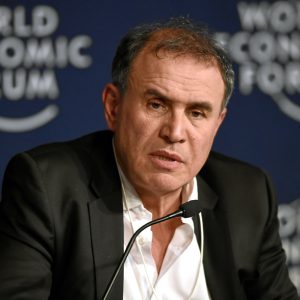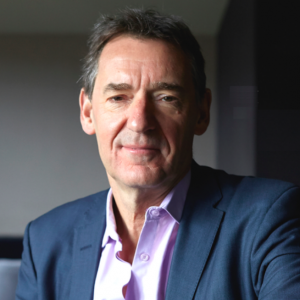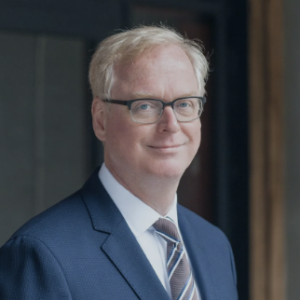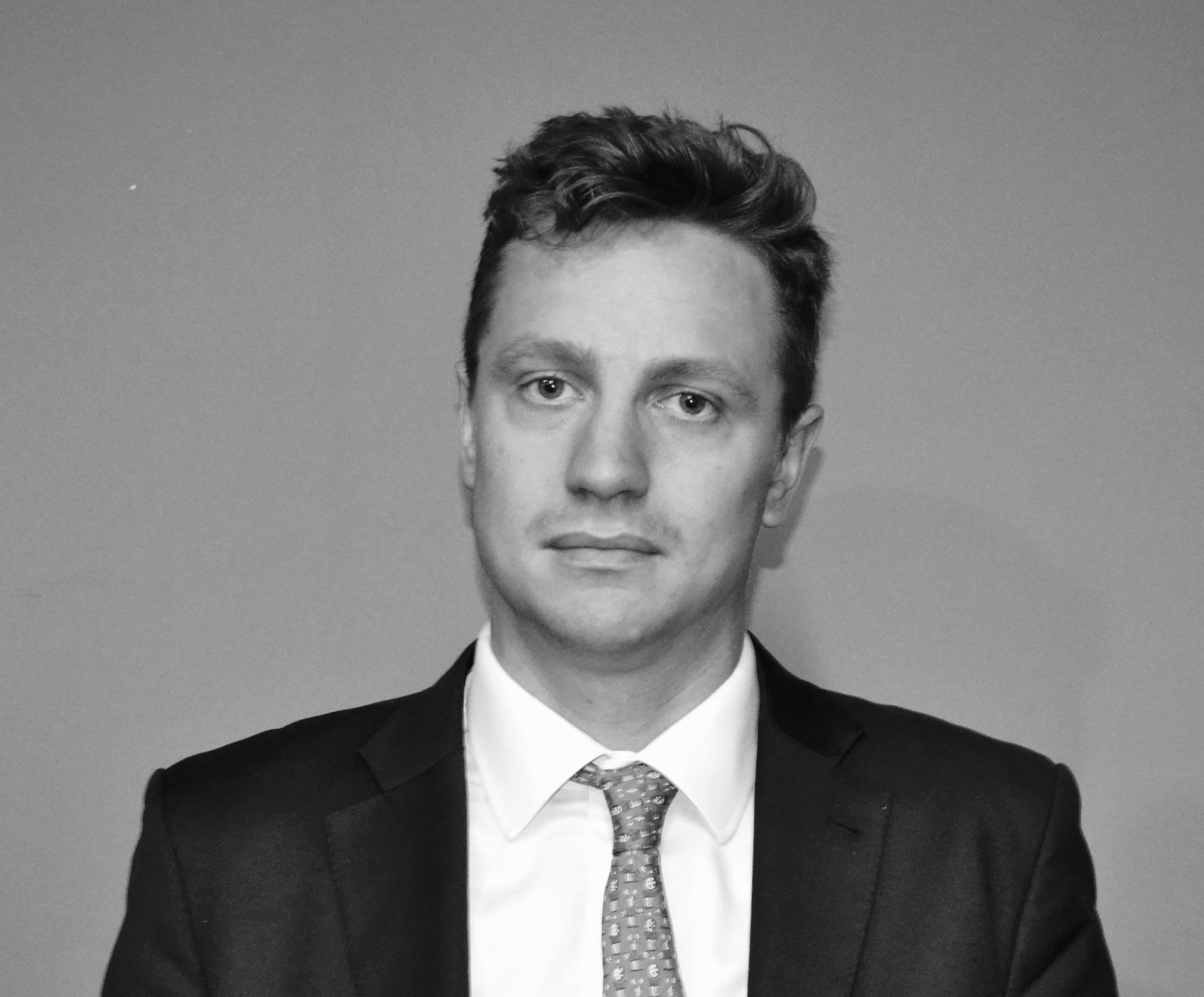2025: Navigating Economic Uncertainty
As global markets head in to unprecedented volatility, the need for clarity and foresight has never been greater. The International Monetary Fund’s World Economic Outlook 2025 underscores this urgency, stating, “40% of economies face heightened fiscal instability amid geopolitical fragmentation and climate pressures”. While growth persists, its fragility demands proactive strategies to safeguard resilience and opportunity.
In times of uncertainty, insight becomes a lifeline. Chartwell represents a range of experts who can offer their insight into navigating the murky landscape ahead.

Geopolitical tensions, climate-driven disruptions, and soaring debt burdens are reshaping the foundations of international commerce. The World Bank warns that “organisations clinging to outdated models risk obsolescence in this era of transition”, as AI-driven labor shifts and supply chain realignments compound systemic risks. From the energy transition to inflationary spillovers, leaders must learn to operate in a world where stability is increasingly provisional—and agility non-negotiable.

Youngest Vice President in the history of the World Bank

Economic consultant and Professor Emeritus at New York University’s Stern School of Business

Commercial Secretary to HM Treasury (2015-16) and creator of the BRIC acronym

Professor of Economics of Innovation & Public Value at University College London

Economist with a focus on the systematic causes of financial instability
2. In-Depth Look at Global Central Bank Policy Decisions
Monetary authorities face a near-impossible task: balancing inflation containment, growth preservation, and financial system stability. The Federal Reserve, ECB, and emerging market banks grapple with divergent tools—from rate pauses to liquidity injections—amid escalating climate and geopolitical shocks. As Minouche Shafik notes, “Central banking is no longer just about price stability; it’s about redefining resilience in a polycrisis world”. Ethical innovation in digital currencies and AI-driven forecasting now sits at the heart of effective policymaking.

23rd Governor of the Reserve Bank of India (2013-16)

World Bank Chief Economist (2020-22)

Director of Economics at the Yale Budget Lab
3. UK and Europe Economic Outlook
The UK and the Eurozone face uniquely intersecting pressures: stagnating productivity, energy security crises, and post-Brexit trade recalibrations. With the Bank of England and ECB walking a tightrope between recessionary risks and persistent core inflation, businesses must adapt to a “new abnormal”. Yet opportunity persists—in green industrial policy, workforce upskilling, and cross-border partnerships to counter fragmentation. Andy Haldane emphasizes: “The UK’s path to recovery lies not in austerity, but in strategic investment to unlock latent potential”.

Professor of Economics at Imperial College Business School

President of the European Economic Association for 2021

Bank of England’s Chief Economist and Executive Director of Monetary Analysis and Statistics (until 2021)

